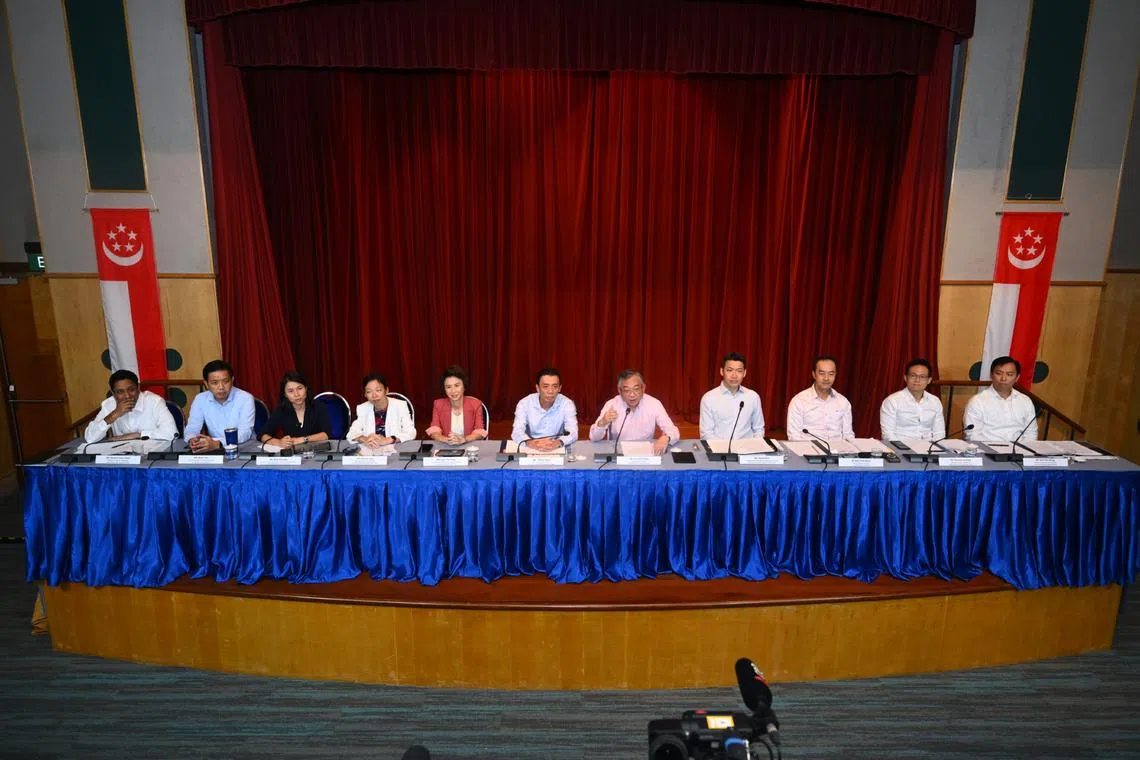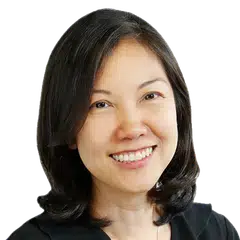NDR 2025: US baseline tariff of 10% on Singapore offers ‘little comfort’, says PM Wong
Sign up now: Get ST's newsletters delivered to your inbox

So far, Singapore’s economy has been resilient, performing better than expected in the first six months of 2025.
ST PHOTO: KUA CHEE SIONG
Follow topic:
SINGAPORE - The 10 per cent baseline tariff rate
This is because while the baseline rate is the lowest any country can get, no one knows if – or when – the US might raise it or set higher tariffs on specific industries such as pharmaceuticals and semiconductors.
“What we do know is that there will be more trade barriers in the world. That means small and open economies like us will feel the squeeze,” PM Wong said in his National Day Rally speech at ITE College Central.
This is why Singapore convened the Singapore Economic Resilience Taskforce
The task force, chaired by Deputy Prime Minister Gan Kim Yong, is looking at many issues – from how Singapore can stay competitive and secure access to green energy to power its future sustainably, to how the country can help enterprises break into new markets, expand overseas and become global leaders.

(From left) Minister of State for Manpower and Culture, Community and Youth Dinesh Vasu Dash; Minister of State for Trade and Industry and National Development Alvin Tan; Senior Parliamentary Secretary for Culture, Community and Youth, and Sustainability and the Environment Goh Hanyan; Minister of State for Education and Digital Development and Information Jasmin Lau; Senior Minister of State for Trade and Industry, and Culture, Community and Youth Low Yen Ling; Acting Minister for Transport Jeffrey Siow; Deputy Prime Minister Gan Kim Yong; Acting Minister for Culture, Community and Youth David Neo; Senior Minister of State for Manpower and Health Koh Poh Koon; Minister of State for Defence Desmond Choo; and Minister of State for Home Affairs and Social and Family Development Goh Pei Ming.
ST PHOTO: AZMI ATHNI
PM Wong said the external shifts are not temporary.
The US and China are likely to continue to drift apart and the global economy will become more contested and fragmented.
The road ahead will not be as easy as before.
The American-led rules-based global order which allowed even small economies like Singapore’s to compete fairly no longer holds.
More countries are going it on their own, chasing narrow, immediate gains over shared progress, he said.
“So now, it is every country for itself – in a world where rivalry is intensifying and trust is in short supply,” PM Wong said.
He cited the conflicts in Europe and the Middle East, a recent flare-up between India and Pakistan as well as the border dispute between Cambodia and Thailand.
But Singapore is not going to sit back and resign itself to being mere bystanders in a world shaped by others.
“We will take charge of our own destiny. We will shape the future we want – through our own actions, and our own choices,” PM Wong said.
US President Donald Trump’s punishing new tariffs on trading partners
The rates that took effect are unlikely to be the final chapter in the expanding trade war, as the US President still plans to impose additional tariffs on foreign-made medicines, computer chips and other products.
So far, Singapore’s economy has been resilient, performing better than expected in the first six months of 2025.
On Aug 12, the Ministry of Trade and Industry (MTI) raised its full-year gross domestic product growth forecast for Singapore to 1.5 per cent to 2.5 per cent
This is the second time in 2025 that MTI has changed its growth forecast for 2025. The forecast was initially for growth of 1 per cent to 3 per cent, but that was downgraded in April after Mr Trump announced the global baseline tariff and reciprocal tariffs on trading partners.
Still, MTI flagged high uncertainty, with risks from the re-escalation in tariff actions; a shock to financial markets from sharper than expected tightening of global financial conditions; and potential escalation in geopolitical tensions that could disrupt energy supply chains.
PM Wong had said on July 29
Earlier in August, Singapore launched the Economic Strategy Review (ESR)
The ESR comprises five committees focused on strengthening Singapore’s economy, harnessing technology, supporting start-ups, empowering workers and managing restructuring impacts.
The ESR committees will publish recommendations by mid-2026 after engaging with businesses, workers and other stakeholders.
Watch PM Wong’s National Day Rally speech here:


